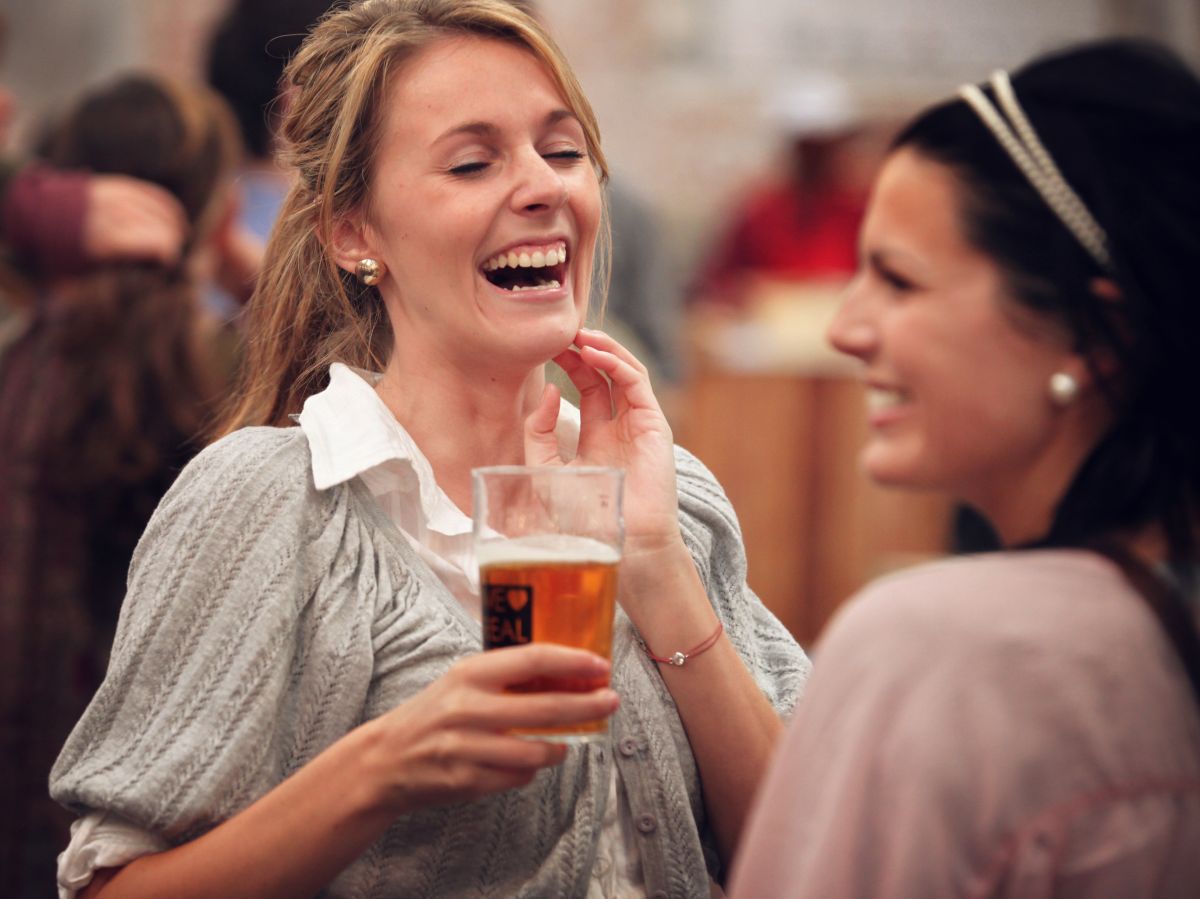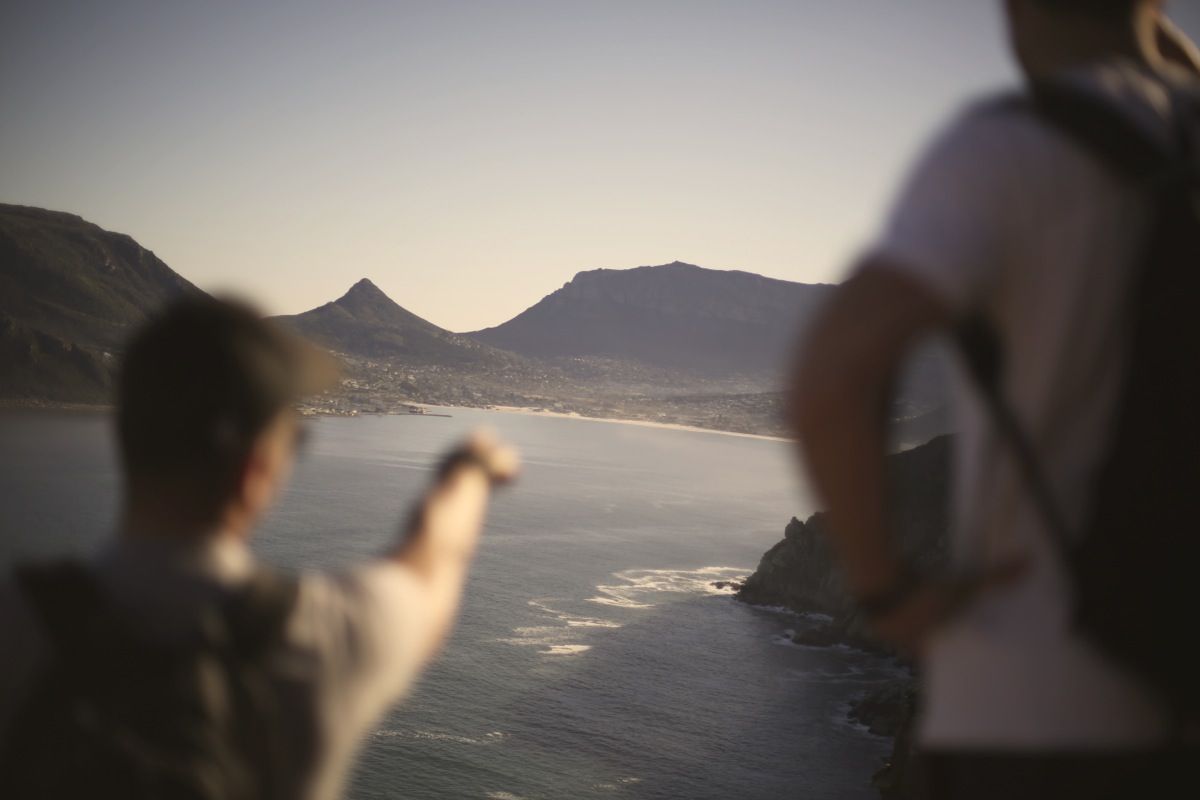Understanding the Value of the Traveller
by on 21.10.2013
The inaugural South African Travel and Tourism Summit hosted by Gauteng Tourism and the Tourism Business Council of South Africa (TBCSA) in association with South African Tourism was held in Johannesburg this past week.
This year’s theme explored “The Value of the Traveller”.
The aim is to establish an annual event that will create a national platform for debate, dialogue and networking between the private and public sector. Focused on the travel and tourism sector it also aims to include other sectors critical to unlocking the full potential of tourism in South Africa.
I will be sharing my insights over the next few days starting with a closer look at the traveller and then shifting the focus to destination marketing and the role of cities in destination marketing.
The Value of the Traveller
The Summit, as it has been dubbed, succeeded in focusing the attention on the traveller.
Not only is the traveller now in charge of travel decisions, impacting dramatically on traditional sales channels, the traveller is also at the centre of destination marketing. Travel decisions are being influenced more and more by fellow travellers and friends, shifting the power and influence away from tourism boards and travel agents.

Travel decisions are being influenced more and more by fellow travellers and friends.
A new breed of traveller
A new breed of traveller has arrived. No longer looking for the traditional one-dimensional holiday and no longer satisfied with merely relaxing, we search for authenticity and meaningful experiences that will enrich our lives and broaden our perspectives on the world.
We are digital nomads. Armed with smartphones we capture and share our travel experiences instantly and intimately with our friends and followers. We are publishers, critics, marketers and influencers. We want to get off the bus. We want to walk the streets of the places we visit and immerse ourselves into the hearts and homes of the people that give personality to a place.
We are well informed and we are fickle. We are at the centre of our own travel decisions and we do not trust tourism boards. We trust what locals and other travellers say and do. We love real places that are working hard to become better places to live.

Travellers are at the center of their own travel decisions and do not trust tourism boards.
The new travel tribes
Dion Chang, CEO of Fluxtrends, shared some insight on what he called the new travel tribes based on common interests and desires and argued that the LSM model, used by some marketers, was outdated. His travel tribes include “bleisure nomads”, “experience-hungry silverbacks”, “sports and events travellers”, “techno hippies”, “cultural travellers”, “same-sex honeymooners”, “voluntourists” and “the forever frugal transumers”.
The bleisure nomads – a growing segment – are young professionals who combine business and leisure travel by extending stays and bringing partners to conferences. The experience-hungry silverbacks were people with a disposal income who ‘lived for the moment’. This group enjoyed travel that fed their passions and interests like cooking and language studies.
Sport and events travellers will follow sports or music on local or international tours whilst techno hippies use technology to allow them to work remotely. This group is passionate about fixing the world and wants to know that their travels affect the places and the people they visit in a positive way. Cultural travellers desire destinations off the beaten track and like to immerse themselves into local destinations and cultures
According to Chang, same-sex marriage has become the new human rights issue. He said this group, which consists of many double-income, no-children couples, was lucrative for the industry. Voluntourists combined volunteer activities with travel and wanted to help alleviate suffering. Chang said this group held great potential for a country like South Africa.
Finally, the forever-frugal transumers has scaled back spending as a result of a tougher economic climate but still want to travel.

For urban travellers cities are the epicenters of modern, living culture.
The age of the urban traveller
Today, and tomorrow, is the age of the urban traveller. The paradigm of people wishing to escape and take vacations in non-urban areas only is mythical.
For most people to escape means to explore different and new cultures and for them cities are the epicenters of modern, living culture. Up to 80% of all international tourists travel to a city and explore the surrounds thereafter.
I will explore the role of cities in destination marketing in a next blog post. In the meantime, you can read my recent blog post on cities as the super brands of destination marketing here.
One size does not fit all
Sometimes we forget that travel is first and foremost about people. We tend to get too caught up in the hype of technology and the latest clever marketing campaign. The message to tourism boards, destinations and travel brands is to get a little more personal and a little more practical.
It is really important to take the time and get to know the people who make up the “new markets” we speak about in such broad terms. Understand the new traveller and what they need, how they make travel decisions, what influence them, what offend them and what will make them fall in love.
Desire to connect emotionally
There is now a far greater focus on enjoyment and the enrichment of our lives rather than just the cost of an experience as John Fitzgerald Kennedy said, “GDP measures everything except that which gives real value to life”. This growing yearning for authenticity, accountability and responsible living is key to understanding today’s human and travel landscape.
Dion Chang stressed that the new generation of traveller prioritises engaging experiences and wants to feel a sense of connection with the places they visit. This deep need to connect emotionally has given way to new, more affordable and accessible forms of enjoyment that will focus on the human connection.
I love the fact that travel is a cultural bridge connecting the world, showcasing dynamic and diverse living cultures. Travel is a vehicle for peace and nurtures a greater understanding and respect for each other. Spending just a few days in a new destination can enrich your life, change your perceptions and broaden your perspective on the world.
Travel is a cultural bridge connecting the world.
Mobile revolution
The traveller of today is hyper connected, well-informed and demanding using multiple channels to access information and communicate.
80% of the world's population is now connected through technology and the web. To give you an idea of the scale of this - in Spain alone 2,7m apps are downloaded per day!
For millennials (people born between roughly 1980 and 2000), connectivity is a ‘second skin’, and sharing their experiences is a crucial part of the travelling experience said Dion Chang.
Mobile devices are crucial to Millennials. To book business travel, 32% of Millennials report using a smartphone (in comparison to 12% of older travellers), and 20% report booking on a tablet.
The focus must be on improved user experiences and mobility. To stand out, destinations must make it easier for customers with integration of travel and destination information presented in a user-friendly and mobile format.
Hotels and places charging for Wi-Fi are as outdated as an old dial-up modem. Dion Chang described the lack of free Wi-Fi as a deal-breaker for many modern travellers.
More on the Millennials
Hotels, airlines and research firms are closely studying the behaviour of millennial travellers because they're projected to become the most influential and lucrative travellers as they mature.
These travellers spend more, support loyalty programmes, but they complain and demand more.
A new study conducted by Harris Interactive and commissioned by Expedia.com and Egencia, found that Millennials are more likely to spend their company’s money when travelling. They are fans of room service and also more likely to spend company money on a flight upgrade to business or first class and on alcohol.
They travel a lot more for business and pleasure than travellers aged 31 to 45, according to the study. American and Canadian Millennials travel far more than their European counterparts, the study found.
Companies like Expedia realises that they will have to respond with the right mix of technology, supply and programmes to capitalise on the growth in millennial travel. Hotels are also responding to the trend with modernised interiors, better use of technology and free Wi-Fi with multi-device power plugs in plenty supply.
Millennials are quick to voice their displeasure. Younger travellers are much more likely to post a negative review online, with 26% of those 34 and under saying they had posted a negative review within the last year. Eight in 10 Millennials find travel reviews to be "very important" or "somewhat important" when they book their travel.
Millennials also are much better at mixing business with pleasure, the study found. More than half — 62% — extended a business trip into a personal vacation, far more than their older peers.

Millennials also are much better at mixing business with pleasure.
I will reflect on the important link between a destination's liveability and visitability, sharing insights from Chris Buckingham, previous CEO of Destination Melbourne, and what it means for tourism in South Africa in the next blog post.
Mariette du Toit-Helmbold is an international destination marketing and tourism thought leader and brand developer. She owns Destinate, a tourism marketing company, and was CEO of Cape Town Tourism for more than 9 years. Follow her onTwitter and Destinate on Twitter or Facebook.
Photos courtesy of Gauteng Tourism, Andrew Brauteseth and Mariette du Toit-Helmbold.